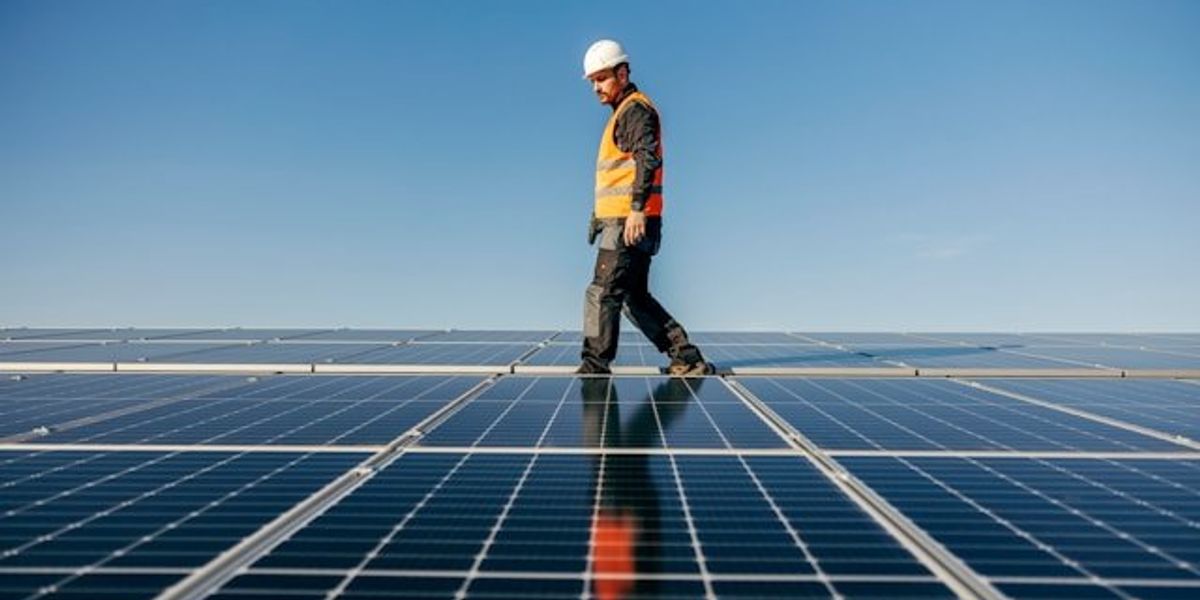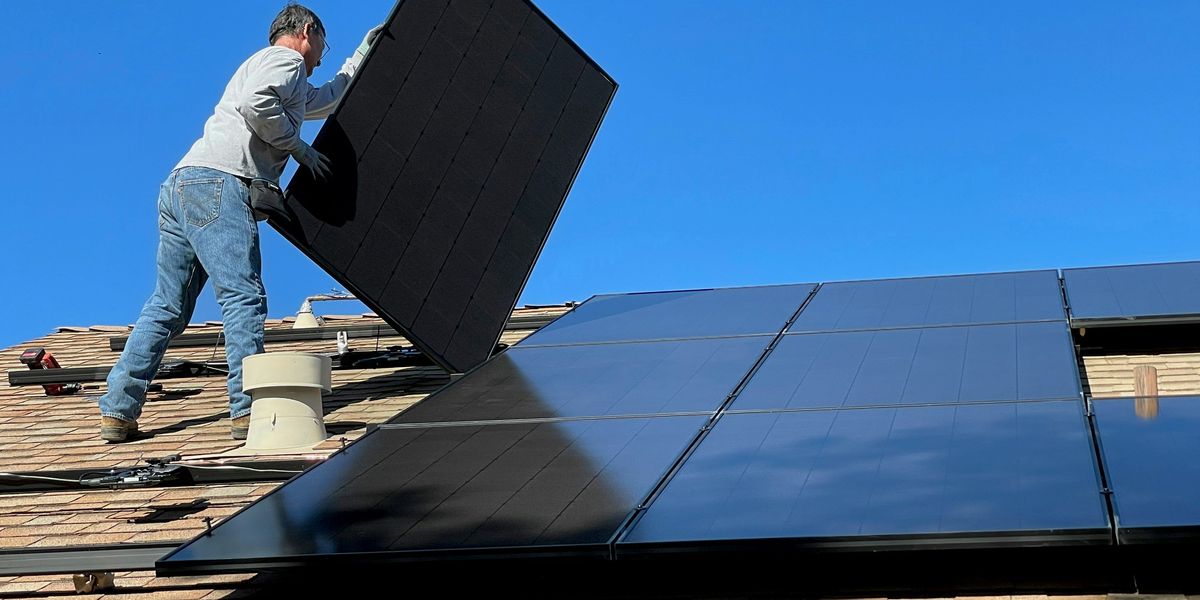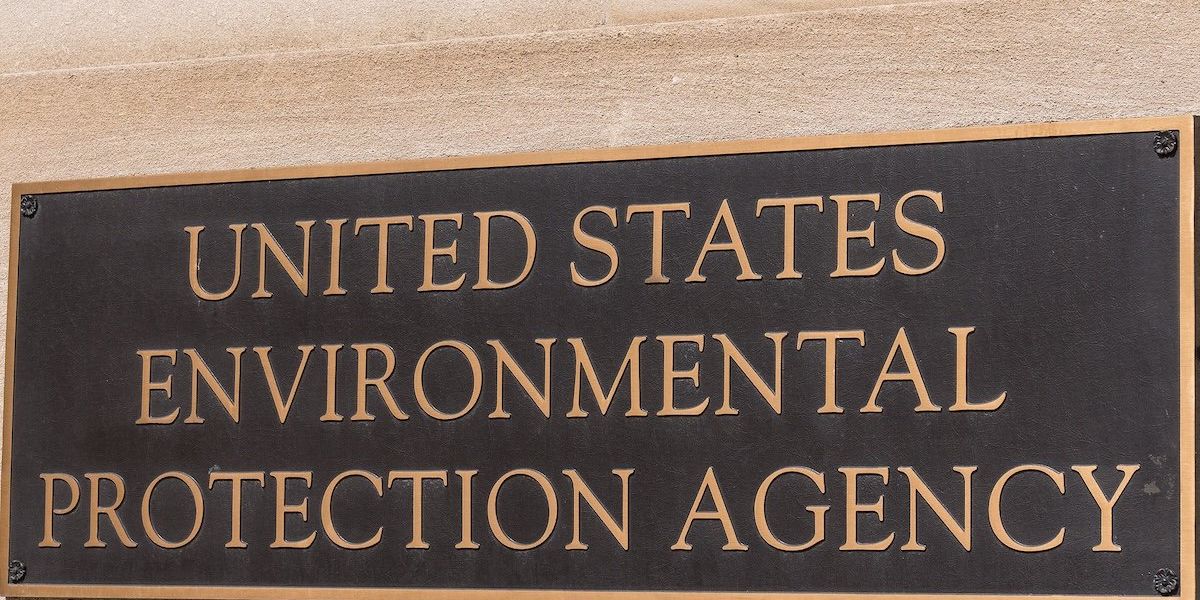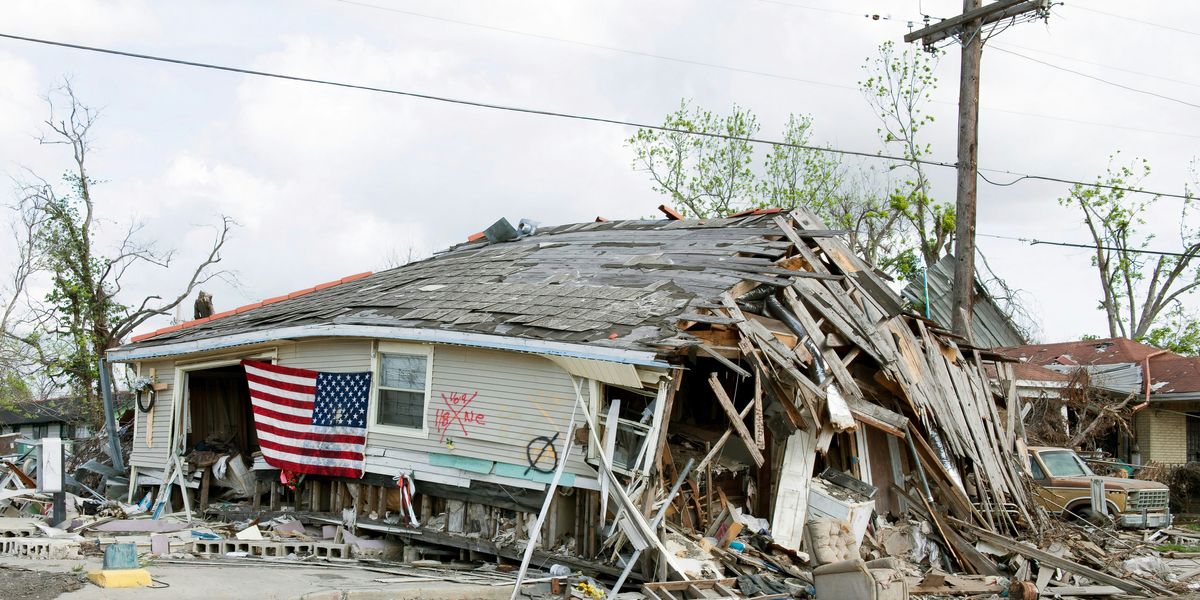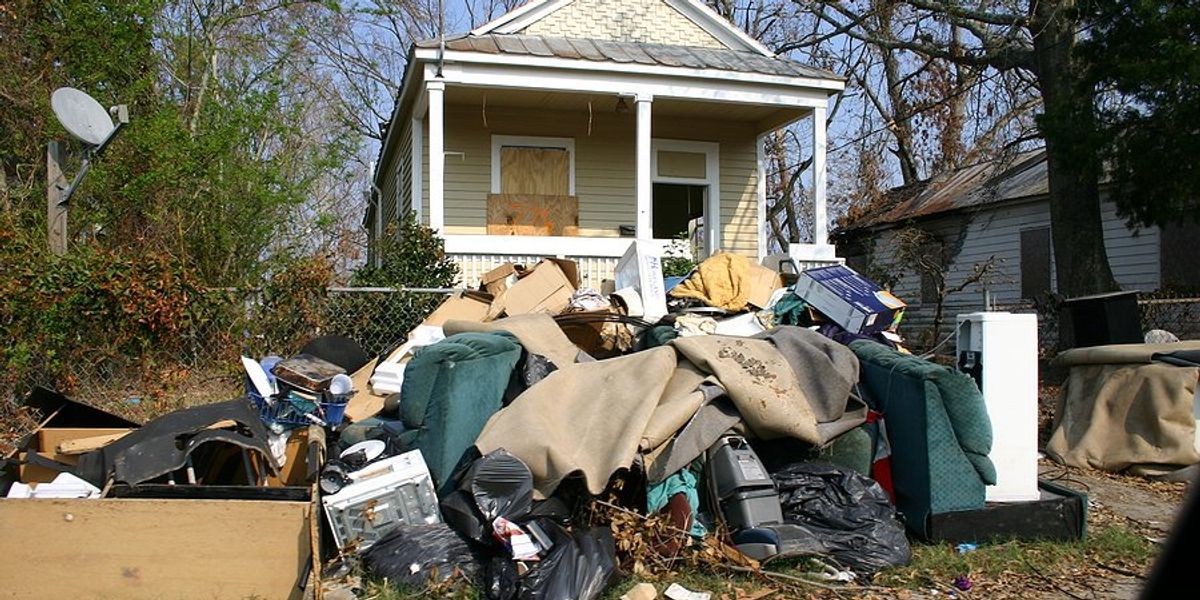farmers
Mississippi River's low water levels hurt farmers shipping grain
For the third year in a row, unusually low water levels in the Mississippi River are causing barge companies to limit their cargo, reducing farmers' profits as they ship grain to international buyers.
In short:
- Low water levels in the Mississippi River are forcing barge companies to limit their loads, especially impacting grain shipments.
- Grain freight costs from St. Louis and Memphis are sharply higher compared to last year and the three-year average.
- The U.S. Army Corps of Engineers is frequently shifting dredging operations to address the situation.
Key quote:
“When you’ve got a transportation cost increase in any industry the question is, ‘Do I pass those costs onto the customer in the form of a higher price?’”
— Mike Steenhoek, executive director of the Soy Transportation Coalition
Why this matters:
Low water levels on the Mississippi River threaten the efficient transportation of U.S. grain exports. As freight costs rise, farmers can't easily pass on these costs in global markets, impacting their livelihoods.
Greek farmers and wildlife struggle as drought depletes water supplies
Farmers and residents in northern Greece are battling severe water shortages as persistent droughts have dried up lakes, wells and groundwater, threatening crops and wildlife.
In short:
- The ongoing drought has forced farmers like Dimitris Papadakis to rely on water trucks to irrigate their fields, as groundwater sources dry up.
- The drought, worsened by climate change and tourism, has led to extreme water scarcity, impacting both human and animal populations.
- Experts emphasize the urgent need for improved water management, including conservation and reuse strategies, to combat future droughts.
Key quote:
“These drought phenomena will return with greater intensity in the future. We need to take action and plan ahead to minimize their impact… and we must adapt to this new reality.”
— Konstantinos S. Voudouris, professor of hydrogeology at the University of Thessaloniki
Why this matters:
Northern Greece's persistent drought is a stark reminder of the escalating climate crisis. Without better water management, agricultural losses and wildlife deaths could become increasingly common.
Related: Greece embraces energy democracy with citizen-driven renewable energy
Nevada encourages farmers to sell water rights to address groundwater depletion
Nevada's driest areas are testing a new program where farmers sell their water rights to reduce groundwater overuse and protect future agricultural prospects.
In short:
- Nevada's pilot program, funded with $25 million in federal aid, aims to purchase water rights from farmers to prevent aquifer depletion.
- The program received significant interest, with offers exceeding available funds, primarily from Diamond Valley farmers.
- Some farmers see selling water rights as a necessary adjustment, while others, especially older ones nearing retirement, find it a beneficial financial decision.
Key quote:
“We knew a lot of people moved to Nevada to farm, but we didn’t really think that many people would be successful or use their full allocations. They didn’t have the scientific understanding we do today.”
— Jeff Fontaine, the executive director of the Central Nevada Regional Water Authority
Why this matters:
Reducing groundwater use is vital for the sustainability of farming in Nevada's dry regions. Without these measures, over-pumping could lead to severe water shortages, threatening the future of agriculture and local communities.
Related EHN coverage:
Farmers use solar panels to protect crops and conserve water
Arizona farmers are adopting solar panels to shade crops, conserve water, and generate power, aided by federal programs.
In short:
- Solar panels over crops provide shade, reducing water evaporation and protecting plants from extreme heat.
- The University of Arizona's agrivoltaics research shows increased soil moisture and crop yields with less water use.
- Federal programs like the Rural Energy for America Program offer loans and grants to support farmers in implementing renewable energy systems.
Key quote:
“Agrivoltaics actually helped us get even more bean production because now we were providing the shade, so they were less stressed.”
— Greg Barron-Gafford, University of Arizona professor
Why this matters:
Combining solar energy with farming helps Arizona combat drought, reduce water use, and increase crop yields. This sustainable approach supports farmers and aligns with broader environmental goals.
Texas farmers face rising costs as drought worsens
With climate change exacerbating drought conditions, Texas farmers are increasingly reliant on heavily subsidized crop insurance, as costs continue to surge.
Dylan Baddour reports for Inside Climate News and Alejandra Martinez reports for the Texas Tribune.
In short:
- Texas has seen crop insurance payouts for drought soar from $251 million per year in the 2000s to over $1 billion annually in the 2020s.
- Drought now accounts for more crop insurance claims than any other weather event in Texas.
- The federal crop insurance program, crucial for farmers, is facing mounting financial pressure due to increasing extreme weather events.
Key quote:
“Drought and heat are expected to get worse in Texas. Climate change is going to increase costs for both taxpayers and farmers.”
— Anne Schechinger, Environmental Working Group
Why this matters:
Escalating drought conditions threaten the viability of Texas agriculture, driving up costs for both farmers and taxpayers. Subsidized by the federal government, these insurance programs are designed to mitigate the financial risks associated with crop failure due to adverse weather conditions. For Texas farmers, crop insurance is no longer a precaution but a necessity. The safety net it provides has become increasingly essential as extreme weather patterns become more common.
Related EHN coverage:
Polish farmer protest movement reveals far-right connections
A new Polish farmers' group with far-right ties has gained political attention after protesting against EU climate policies and Ukrainian food imports.
Marta Kasztelan, Clare Carlile, and Phoebe Cooke report for DeSmog.
In short:
- Orka, a recently formed farmers' group, suspended a hunger strike after securing talks with Polish President Andrzej Duda.
- The group has ties to the far-right Confederation Party, raising concerns about its political motivations.
- Protests have emerged across Poland against EU environmental regulations, with Orka aiming to discard the EU's Green Deal.
Key quote:
“It’s very difficult to fight this kind of misinformation.”
— Krzysztof Cibor, head of campaigns, Greenpeace Poland
Why this matters:
The rise of Orka reflects how populist and far-right parties can leverage local discontent to challenge EU policies, potentially destabilizing political landscapes and undermining efforts to combat climate change.
For more about the rise of the far-right in Europe:
Green policies and the rise of the far right in Europe
A new study reveals a growing backlash in Europe against green policies, which is driving voters toward far-right political parties.
In short:
- Rising energy costs linked to green initiatives have increased support for far-right parties in Europe, such as the Netherlands and Germany.
- Restrictions on gas-powered vehicles and mandatory heat pump installations have sparked widespread protests and political shifts.
- These changes are perceived as unfairly burdening individuals rather than spreading costs across society and corporations.
Key quote:
"This has really expanded the coalition of the far right."
— Erik Voeten, professor of geopolitics at Georgetown University
Why this matters:
When people feel that changes are imposed on them without adequate consultation or consideration of their immediate concerns, there's a risk they will reject not just the specific policies but also the parties that promote them.
Far-right parties have capitalized on this discontent by framing green policies as elitist and disconnected from the common man's immediate economic concerns, promising to roll them back in favor of short-term economic relief.
Does the U.S. have its own far-right problem? Peter Dykstra argued last year that the Supreme Court has taken a brazen anti-regulatory turn. It’s our planet and health that will suffer.













